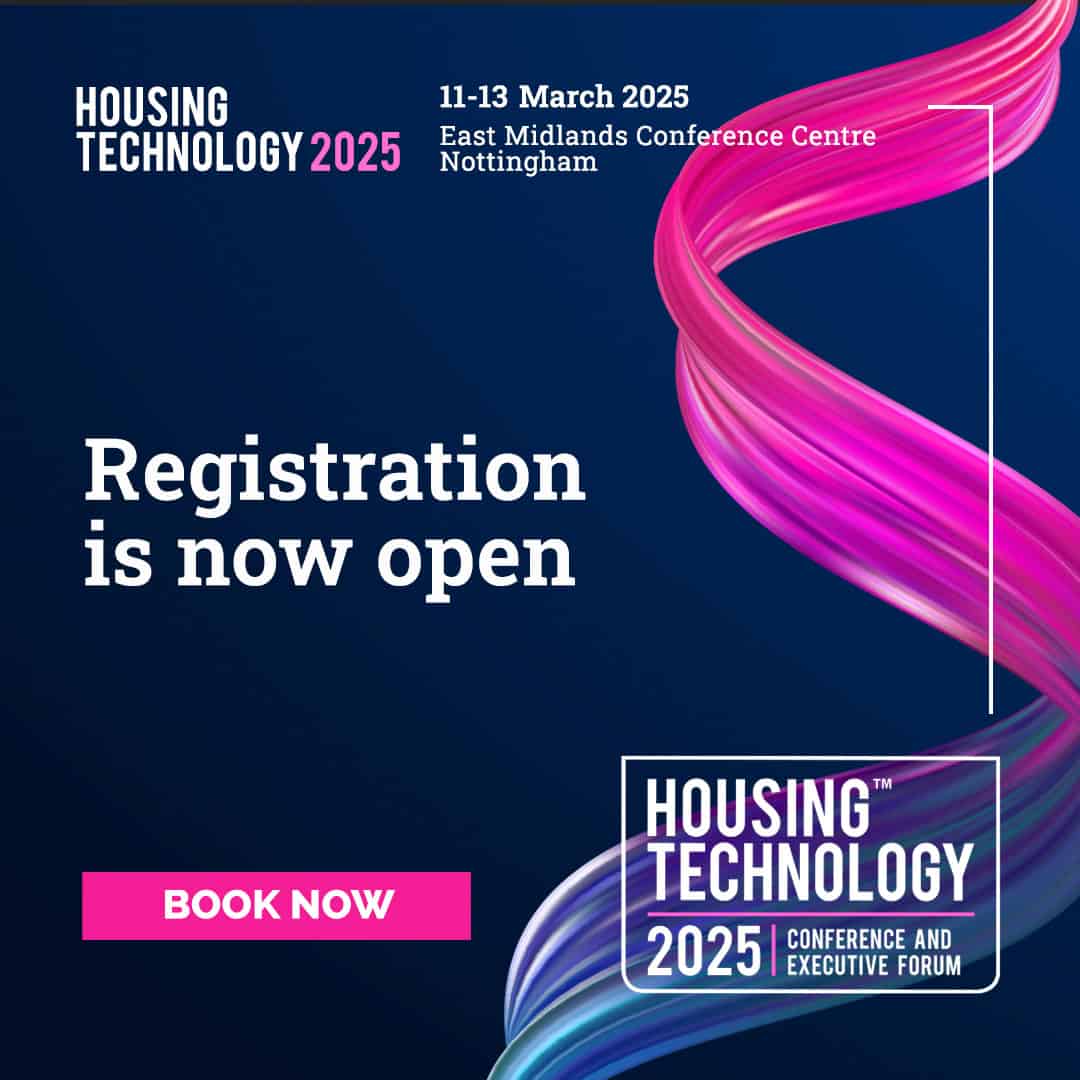Kevin McSorley, head of Radius Connect 24 at Radius Housing, tells us about approaching technology within housing services to support tenants and his hopes for the digital future.
Radius Housing, in association with Tunstall Healthcare, provides housing, care and support to over 33,000 homes and manages 12,500 properties across Northern Ireland. We employ over 1,000 people and our response centre, Radius Connect24, provides reassurance to around 20,000 customers.
One of the core principles of housing provision and other related services is supporting independent living and driving investment in communities. Radius is no exception and we provide both general and sheltered housing with telecare alarm services. It’s always been important that our service provision is ethical, sustainable and has our tenants’ welfare at its heart.
24-hour support services
Connect24 is an essential part of our model of care, providing 24-hour support as the name suggests. Technology is central to the way we deliver our services. We engage with thousands of people; around 10,000 living in sheltered housing, around 5,000 people pay for the service privately and over 3,000 have enhanced telecare funded by the local Health & Social Care Board because their care needs mean they require more than a basic telecare system.
Connect24 is often the first line of support for people who need help. This kind of low-level support can be invaluable in helping people to remain in their own homes. We’ll provide help in an emergency but also often signpost to other services, such as support for falls, dementia or frailty. We also try to help unpaid carers, using technology to give them some respite and reduce burnout. It’s just as important for them that they know they have 24-hour support too, and a source of advice.
Becoming proactive
We’re trying to move to a more proactive and preventative model, and we’re transforming our service model from inbound to outbound calling. Something as simple as a wellness check call can identify any problems at an early stage, and enhance the service user’s feeling of wellbeing. During the pandemic, our proactive calling service was invaluable, but even now this kind of regular contact really informs our engagement with clients and helps us to meet their needs better.
In my view, this approach should become accepted as mainstream, and its value more widely recognised by commissioners. The phrase ‘health and social care’ is often used but it’s sometimes forgotten that housing providers, and indeed technology, can play a key role in working across all of these services to provide more integrated support and upstream interventions, which can mitigate the effects of acute events and help to support wellness as much as responding to emergencies.
Working together
The importance of co-production shouldn’t be forgotten. The move to digital is a big change, and to get it right we need to involve tenants and genuinely listen to their views to help us all navigate the cultural shift. For example, many tenants have been used to the traditional concept of scheme coordinators being onsite.
Changing the service model to become more agile by enabling some calls to be handled offsite can initially cause some apprehension, but our experience is that the tenants are more than happy with this in practice because there’s no reduction in human interaction. We’ve found if you present the options and explore the potential of different approaches, our tenants and colleagues are very willing to embrace change.
The future
I think we’ll see an increasing number of people choosing to pay for their own technology support. It gives them more choice and control, and we’re now all so much more familiar with having technologies such as smart speakers in our homes.
I often hear from our residents that the most important point for them is that the technology is simple to use and reliable. As families move further away from each other, technology can help to connect us all. And although we have an ageing demographic, we shouldn’t forget that the next generation of ‘older’ people will be ‘digital natives’.
The UK’s move from an analogue communications network to a digital one is also influential. It’s given us an opportunity to audit our technology estate and how it’s used to help us create a comprehensive upgrade strategy that keeps robustness and reliability at the heart of what we do, but also recognises the potential for digital technology to allow us to tailor our services for individuals. We’re in the process of upgrading our Connect24 monitoring centre platform to PNC IP to enable us to receive calls over the new digital network, and over the next three to four years we aim to have replaced all of our analogue Lifeline home hub devices with digital ones.
Kevin McSorley is head of Radius Connect 24 at Radius Housing.


